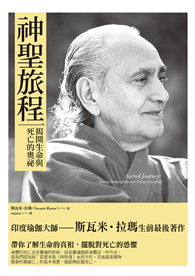This book explores the crafts and performing arts of South Asia through a focus on labour and livelihood. It brings to light little-researched angles of social and political economies of culture and the ways in which they have shifted and changed in different historical eras and different political, economic, and social formations up to the present. In particular, through this focus on labour and livelihood, the contributors analyse the extensive parallels and similarities of arts and crafts on the one hand and music and performing arts on the other, ranging from questions of lineage, transmission, class/caste/community, professional versus amateur performers and artisans, to the impact of globalisation, neoliberal reforms, and mediatisation. Given the role of gender inequalities and differences within caste/community-based cultural production in South Asia across visual, material, and performing arts and crafts, this interdisciplinary perspective is particularly salient and links together broader sociological and historical trends in South Asian cultural or creative economies.
Creative economies of culture explores labour and livelihood through a gamut of crafts and performing arts ranging from courtly and classical to commissioned to mass-produced, and in epochs ranging from colonial or feudal to globalised and neoliberal. In the process, it revisits, refines, or revises notions of social and cultural capital; socio-economic mobility; the value, role, and agency of crafts and performing arts; and the status of their artisans and performers. Original chapters written by contributors with an interdisciplinary background look at the survival and adaption of traditional artisanal communities; traditional forms of practice; historical shifts such as colonialism, industrialisation, and nationalism; as well as modern industries and institutions, including technologies of mass production and creative entrepreneurship.
This book contextualises current debates within art, craft, music, and dance in South Asia. It develops new theoretical understandings of creative culture through a focus on labour and contributes to a range of social sciences, arts, and humanities disciplines, including South Asian studies, Ethnomusicology, Crafts and Design, Economic Anthropology, (Historical) Sociology and (Historical) Economics, Cultural History, Human Geography, and Creative Industries and Economies.












